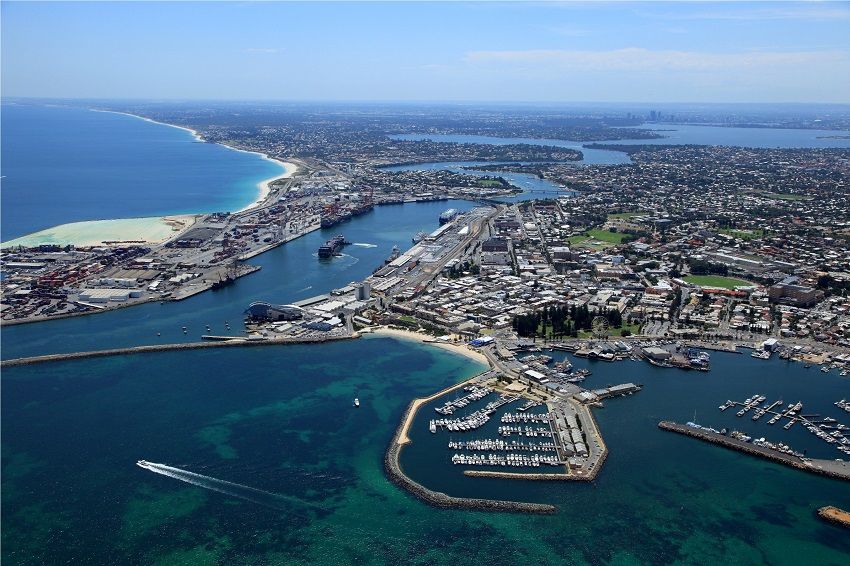Interview: Mayor of City of Fremantle
By Charlene Chin
How driverless trucks will boost this city’s port economy.

“It’s been a challenging year”, says Brad Pettitt, Mayor of the City of Fremantle. “In Western Australia, the economy has slowed down post the mining construction boom”, he says.
The city has shifted gears, focusing instead on its tourism industry. It sees business from South East Asia as a key driver, “growing very, very quickly”.
GovInsider caught up with the Mayor to talk about his plans for the port city, and how he intends to draw more people to the city centre.
Attracting crowd
One of the council’s initiatives is to revamp recreation areas that have been “neglected for a long time”, Pettitt says. The Bathers Beach precinct, for instance, is an inner city beach that was “forgotten”, he says. “When I became Mayor no one would go there.”
The area is an important historical landmark - it was the first settlement site of the British colony in the state, and had the first jetty in Western Australia, he says.
“We've brought new cafes and restaurants, and creative and artist precincts in that area”, he says. The council has also preserved historical elements: “When you walk through that area you can see the old train tracks that ran onto the old jetty, and there’s a sculpture that shows where the old jetty started.”
Pettitt is also keen on increasing urban density in central Fremantle. In Australia, “our cities are quite low in density”, and “people are spread very thin”, he says.
“We've been focusing on building a lot of more apartment buildings, close to the Fremantle CBD, so that we can have many more thousands of people living within walking distance” of the inner city, he notes. “That will be one of our big focus next year.”
The port economy
The Fremantle Harbour is the state’s largest and busiest port. Operations have become “more efficient” as automation has replaced manual labour, Pettitt says.
The council is looking to replace the workers lost from port activities, and the Mayor sees this as a drive for his city to embrace the knowledge economy - attracting skilled workers from government, IT, architecture, and graphic design.
He aims to create a “seven-day week economy”, where the city is vibrant on the weekends, and boasts the hustle and bustle of office workers on weekdays.
The Fremantle Port is also looking into driverless trucks that can potentially run around the clock. This would lead to a “more efficient use” of transport and logistics around the port, he says.
Some of the biggest decisions for Fremantle rest with the state government as it looks to make “major investments” to improve port transport infrastructures.
Going paperless
The council also plans to make building applications and licensing permits digital. The goal is for users to be able to sign these electronically and submit these online, he says. “That will certainly be a focus over the next year or two.”
Last year, Fremantle also rolled out an online service for firms to track their planning and building application status. Pettitt’s next focus is to expand this to food licensing applications and other council documents.
Budget and expenditure
Public transport and roadworks take up a “good portion of our budget each year”, he says.
The council’s priority is therefore to see investment in light rail and cycling infrastructures, as Fremantle will become “increasingly transit-oriented” in the future, the Mayor believes.
“As Fremantle continues to grow, we need to make sure that we can move people around in a both sustainable and efficient way.”
The city is keeping to its roots - it’s retaining its historical culture, but also embracing disruption. Truck drivers? Soon to be, perhaps, a thing of the past.